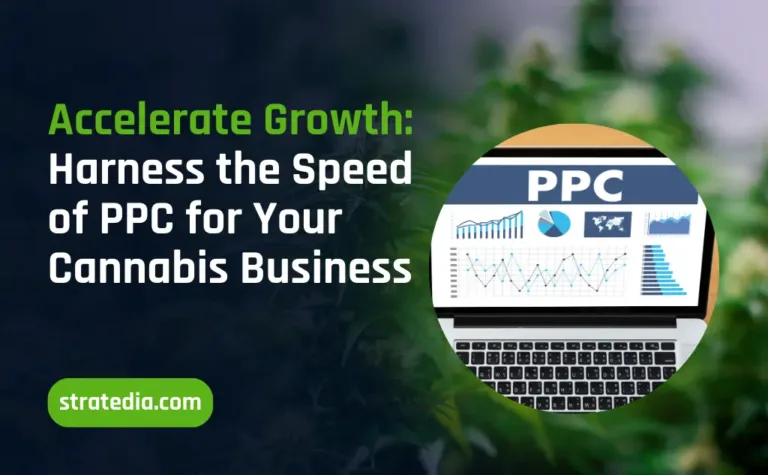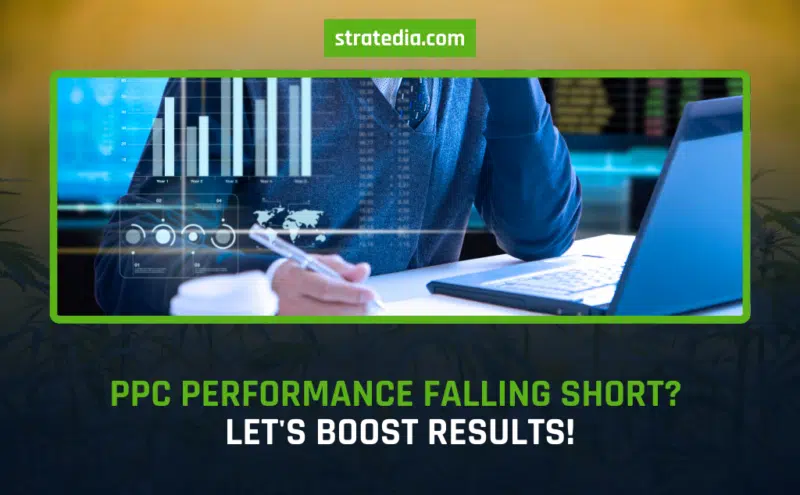While you’re aware of the timeframe required for PPC to yield results, what actions should you prioritize during those initial three months to position your campaign for success?
The good news is that below, you’ll discover a month-by-month action plan that you can implement to refine your strategy.
During the first month of your PPC campaign, prioritize data gathering. This is why PPC experts often recommend launching campaigns with broader targeting initially.
Refining your campaign targeting too narrowly from the outset can limit your audience reach and consequently, the amount of data collected. For example, if you operate a plumbing company, your ad campaign’s targeting might initially focus on a 50-mile radius of your location. While additional targeting options such as demographics may be available, it’s advisable to wait until you have accumulated more data before refining your audience further, such as by age and device.
Begin with a broad approach, then progressively narrow down. This allows you to concentrate your ads on the most valuable audience segments over time. Furthermore, you can substantiate your targeting decisions with empirical data.
With this method, you can make informed choices regarding targeting mobile or desktop users, for instance, based on the data at your disposal.
During the second month of your campaign, you can begin to implement improvements in the following areas:
Keywords: Evaluate the performance of your keywords. Identify keywords with high impressions but low clicks, for instance, and consider removing them from your campaign. Additionally, check for potential negative keywords that may attract irrelevant traffic and exclude them.
Targeting: Utilize your ad data to analyze the characteristics of your audience. Determine which devices and age groups, for example, yield the best performance, and refine your targeting accordingly to focus on your target audience more precisely.
Bids: Align the assessment of your keywords with your bidding strategy. Utilize data such as your average cost-per-click (CPC) and top-performing keywords to adjust and set manual bids, which can assist in optimizing your ad spend.
Implementing these updates should yield an immediate impact on your campaign’s performance.











